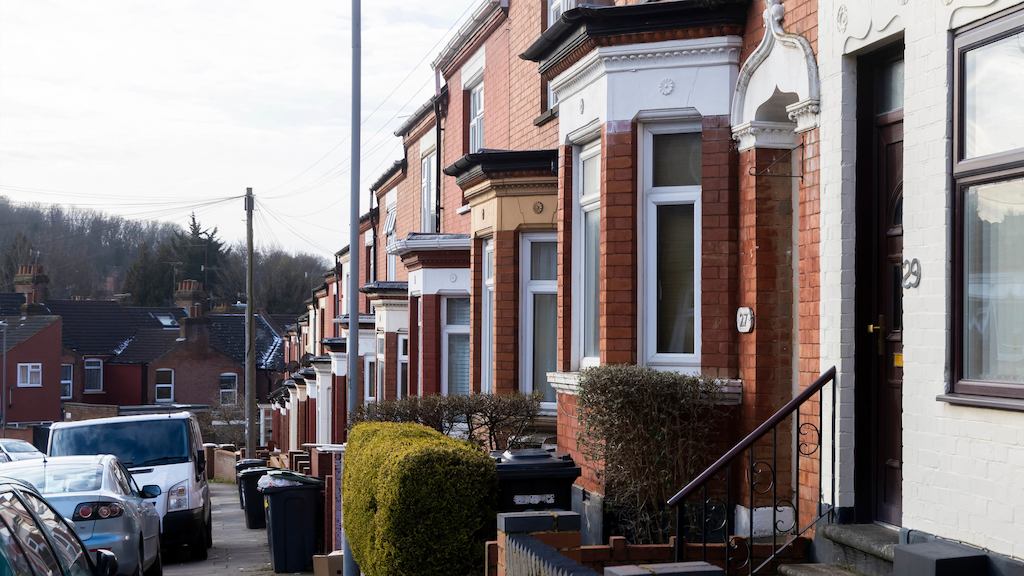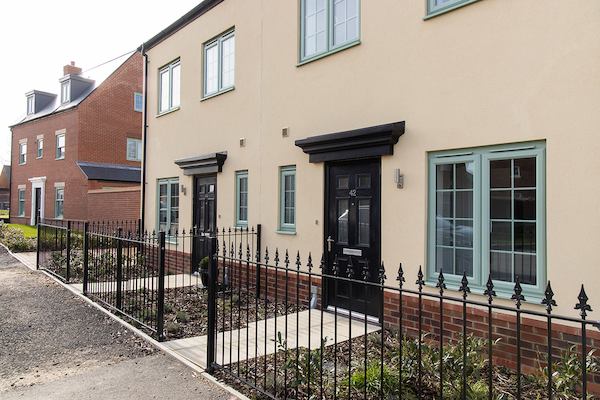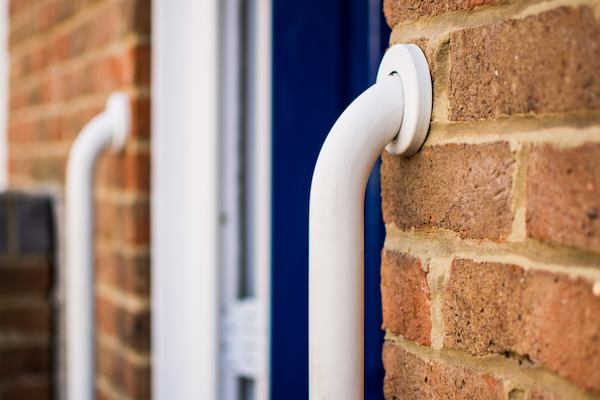Joan’s Voice - the need for good and decent homes

Joan is retired and has been living in a tiny studio apartment with no broadband and poor ventilation for over two years. She has been trying to move out for some time but her requests to the housing association have been ignored.
In 2019, Joan moved into a studio flat, owned by a housing association in Manchester. Her previous flat was cold and damp, which caused health issues.
“The old flat was so damp and cold, I had to sleep in my clothes. The bedding felt damp. My joints became stiff, and I spent a lot of time at friends’ houses. Chest infections were common, and my old GP wrote a letter to the housing department. I was seen by my current GP who suspected I had chronic obstructive pulmonary disease (COPD) and since then I have moved onto regular medication for it,” she says.
This put Joan in a desperate situation, having to find a new place quickly. Although her current studio doesn’t have the same cold and damp issues, it is too small and cramped. The studio’s poor ventilation means that it also gets incredibly warm, making Joan extremely uncomfortable. The lack of outdoor space is also exacerbating Joan’s health conditions, with no fresh air to reduce her breathlessness.
“In the summer, these studios are so hot, they’re like a green house. You open the windows, and it doesn’t make any difference. The sun is beating down into the flat and it’s so tiny that it’s unbearable.”
Joan’s attempts to complain, exchange her flat for another, or transfer to a larger one-bedroom have not been successful. She reached out to the building’s scheme manager, the housing association’s director, and she has even been a member of the building’s scrutiny panel.
However, Joan has either received no response or contradictory information, which has left her feeling disheartened and frustrated.
I’m not my normal self. I try to be positive. I used to have a lot of energy and go to the gym, but this has just brought me right down.
The lack of communication within the housing association is also a huge issue for Joan, with residents not receiving building updates or enough support to improve their living situation. “Last week, some workmen turned up to the flat immediately opposite me in the corridor. They were dealing with asbestos in the flat and we weren’t told. None of us were told about it. I was horrified. There’s no communication about anything that’s going on in the building.”
There is also no broadband installed in her flat, making it difficult to stay in contact with her family and friends during the pandemic. Whilst she initially moved to be closer to her family, her grandson’s medical condition has meant that they have had to be socially distanced from one another, making Joan feel incredibly isolated. Before lockdown measures, Joan enjoyed being a member of her ‘Good Neighbours Group’, a local voluntary group which offers support to those who need it. But her lack of broadband means that she can’t participate in their regular Zoom meetings.
These conditions have taken a toll on Joan both physically and mentally. She says her housing situation is the main thing that is negatively affecting her wellbeing: “I’m not my normal self. I try to be positive. I used to have a lot of energy and go to the gym, but this has just brought me right down.”
Joan is sadly one of many people that currently live in housing that presents a threat to their health and wellbeing. Research has found that high indoor temperatures, like the ones in Joan’s studio, can cause heat related illnesses and increase cardiovascular mortality. Therefore, it is critical to understand how the elements that constitute a good home (such as space, comfortable temperature and connectivity) can contribute to our physical and mental wellbeing.
With an ageing population and a planet that is getting hotter, the government must adapt to these changes by prioritising a strategy that brings homes of all tenures up to a good and green standard. By working to decarbonise our homes and ensuring that they are all a comfortable temperature (neither too hot or cold), we can make millions of lives healthier and more comfortable, as well as helping the country reach net zero.
Supported by the Centre for Ageing Better, the Good Home Inquiry seeks to establish why so many of England’s homes are in poor condition, as well as exploring what we need in a good home in order to improve the nation’s existing housing stock.


